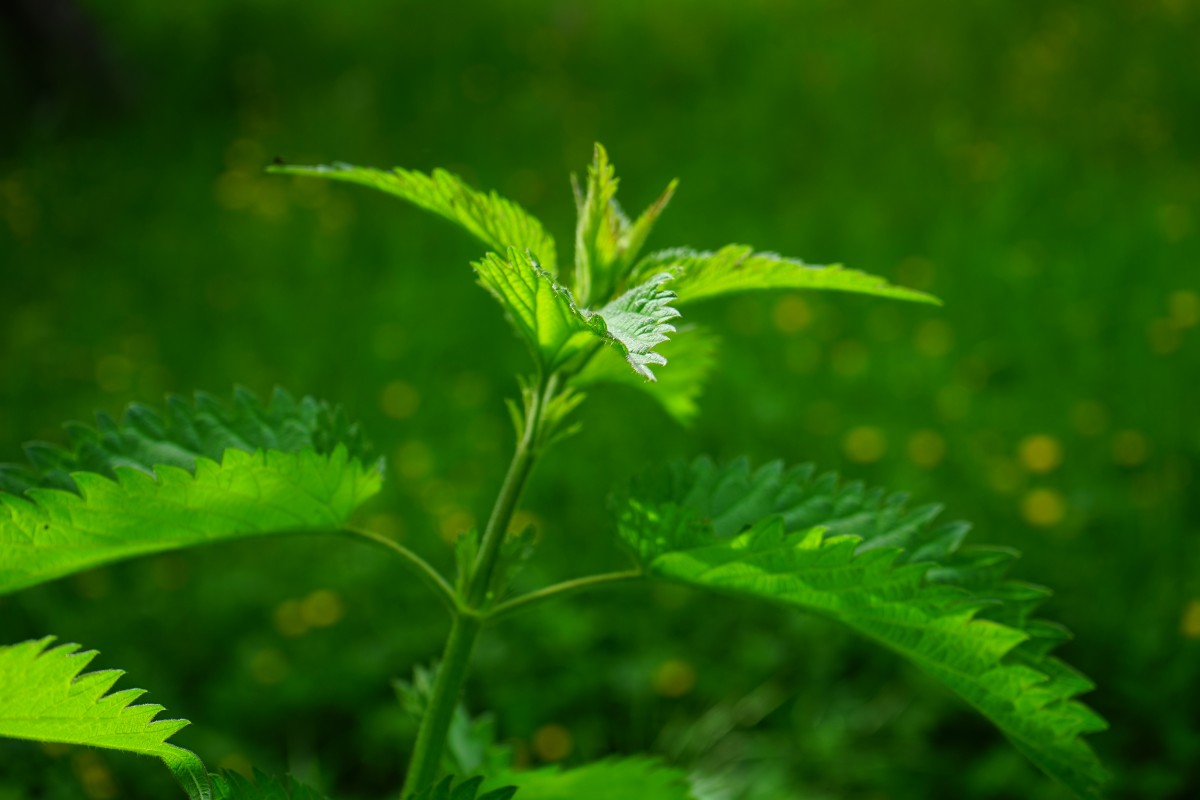Use and habits of the protagonists of the story: Cannabis Social Clubs in Barcelona
Authors:
Òscar Parés-Franquero, Xavier Jubert-Cortiella, Sergi Olivares-Gálvez, Albert Díaz-Castellano, Daniel F. Jiménez-Garrido, and José Carlos Bouso.
Journal:
Journal of Drug Issues
Year:
2019
About the study
This study aimed to analyze the impacts of Cannabis Social Clubs (CSCs) in terms of cannabis use and their psycho-social effects on club members.
The research was carried out with a sample recruited from 20 CSCs in Barcelona, where users had to fill out several questionnaires in order to know about their sociodemographic profile, their patterns, places and methods of consumption, their reasons for using cannabis, positive and negative effects, sources, problematic use, and legal problems, as well as risk reduction and counseling services.
The results of this study show that Cannabis Social Clubs do not lead to an increase of users’ consumption. Accordingly, the authors suggest that regulation is needed in order to minimize the insecurity and avoid activities that cause harm to public health.
Abstract
Rationale: In Spain, cannabis users are turning to Cannabis Social Clubs (CSCs) as an alternative for obtaining supplies of the substance, free from the risks of the illegal market. The current study aims to establish the profile of a sample (N = 155) of Spanish CSC members and identify the impacts that these clubs have had on their consumption.
Methods: To conduct the study, we developed a questionnaire structured around various issues related to the socioeconomic profile of users, their patterns of use, and the practical consequences of being a member of a CSC.
Results: The most important findings were that belonging to a CSC did not increase cannabis use and that the services that CSCs offer have favorable impacts on CSC members in terms of reducing health risks, providing legal protection, and improving their general well-being.
Conclusion: Based on our data, the regulation of CSCs is warranted as a public health strategy regarding cannabis use.
Photo by Pxhere.
Categories:
Studies & papers
, Cannabis
Tags:
cannabis
, scientific research
, study
, drug policy
, Cannabis Social Clubs (CSC)
, quantitative research
, cannabis legislation
, cannabis consumption

